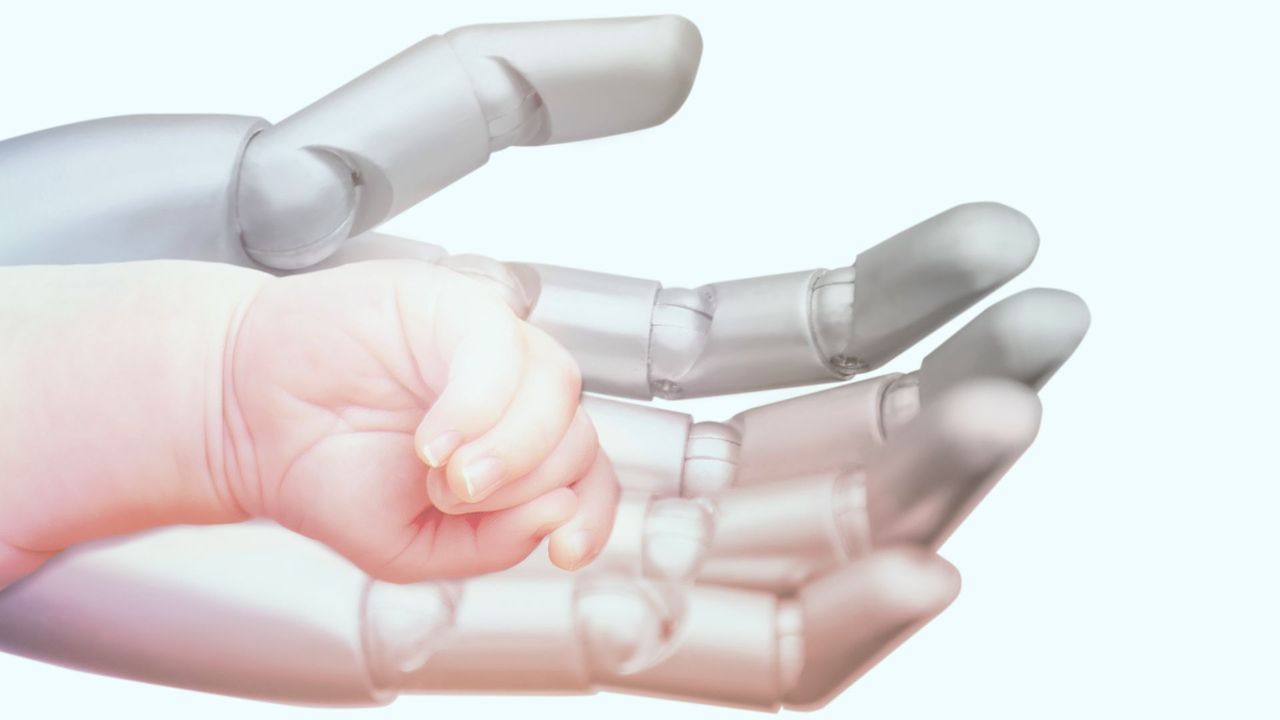A story circulating widely in tabloids has ignited discussions about the feasibility and implications of a fictional “pregnancy robot.” The tale, which claims that a technology CEO in China is developing a robot capable of sustaining a human pregnancy from conception to birth, has captured the public’s imagination. According to the narrative, a prototype is expected to be ready by next year. Despite the intriguing premise, experts have swiftly identified the story as a work of fiction.
While the concept of a pregnancy robot may sound like a plot from a science fiction novel, it prompts serious questions about the current capabilities of technology. Could advancements in robotics and artificial intelligence eventually lead to the development of such a device? And if so, what ethical dilemmas would arise from its use?
Exploring the Technology Behind the Concept
The idea of a robot that could replicate the complex processes of human gestation raises numerous technical challenges. Currently, artificial wombs are in experimental stages, primarily focusing on providing support for premature infants. The integration of a robotic system capable of managing hormonal changes, fetal development, and birth poses significant hurdles.
Experts in bioethics and robotics are weighing in on the implications of such technology. The introduction of a pregnancy robot could alter societal norms around childbirth and parenting, leading to debates on the nature of motherhood and the psychological impacts on both the “mother” robot and the child.
Public Reaction and Ethical Considerations
The viral nature of this story has prompted individuals to reflect on their views regarding assisted reproduction technologies. A poll accompanying the report invites readers to consider whether they would entertain the idea of using a pregnancy robot if it were real. The responses reveal a spectrum of opinions, with some expressing curiosity while others raise ethical concerns about detachment from the natural process of childbirth.
As discussions continue, the notion of a pregnancy robot serves as a catalyst for broader conversations about the intersection of technology and human life. It compels society to confront questions about the future of parenting, the definition of family, and the ethical boundaries of technological intervention in natural processes.
Although the “pregnancy robot” remains a fictional concept, the discussions it has generated reflect a growing interest in how technology could reshape reproductive health in the years to come. As advancements in robotics and artificial intelligence progress, society may need to grapple with these challenging questions sooner than anticipated.
